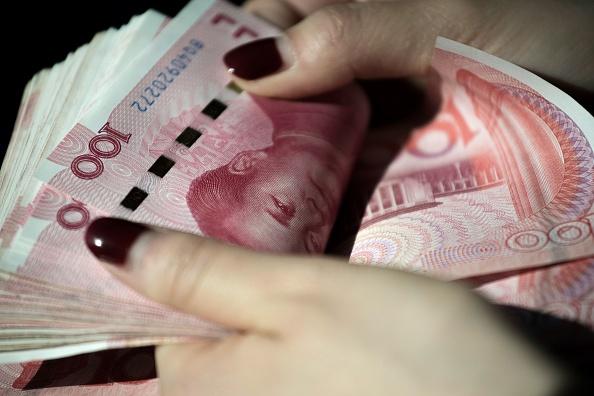An alleged Ponzi scheme run by Health Mall, a Chinese sports and fitness app, has caused investors—including tens of thousands of teachers and students at 444 colleges and universities across China—to lose several billion yuan (about $1 billion), Chinese media recently reported.
Health Mall, launched in 2015, was developed by Guangzhou Elephant Health Technology Co. and is based in the eponymous southern Chinese city. The app helps users generate a personal exercise plan, which could include hiring a personal trainer, using specific types of exercise equipment, and purchasing various exercise-related products.




